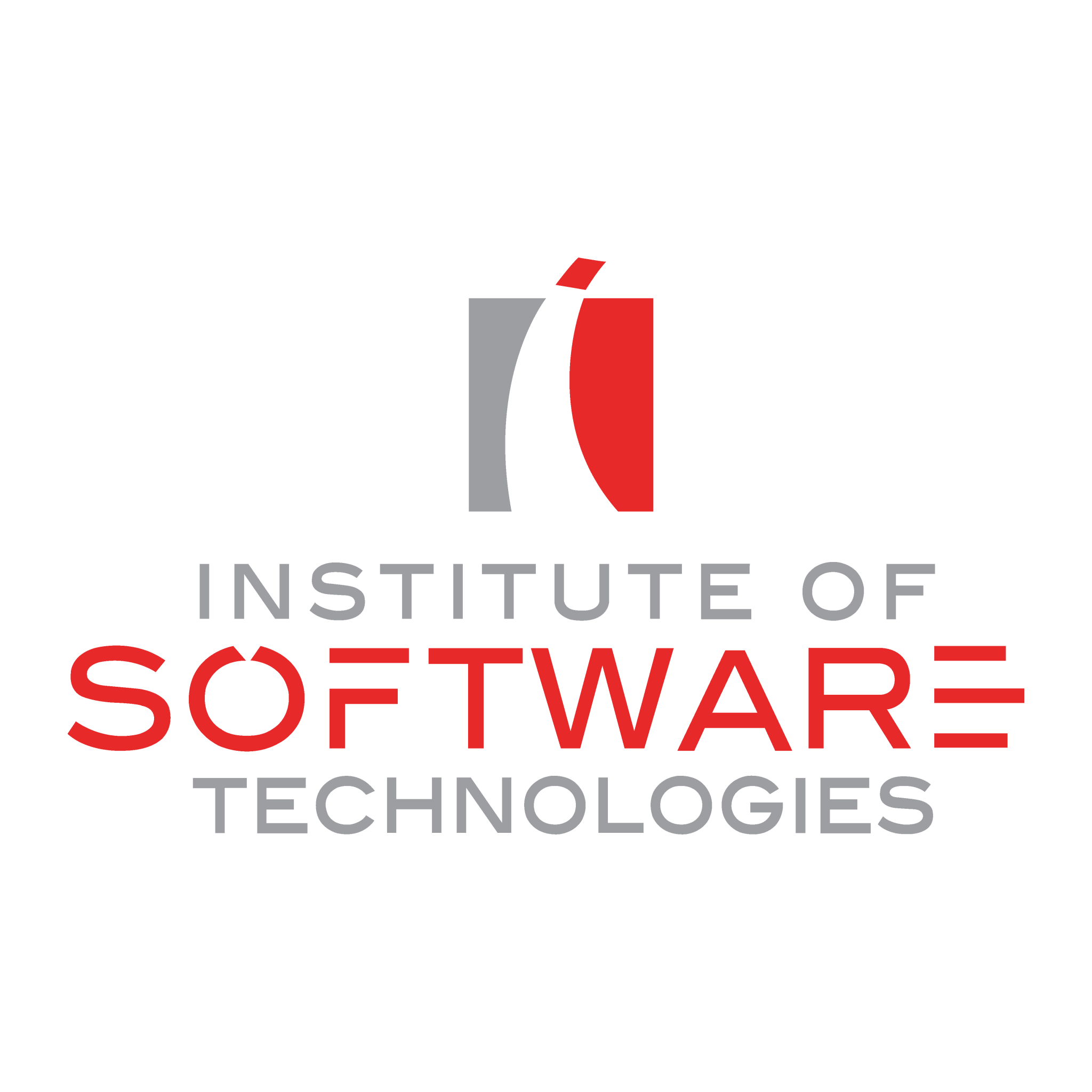5 Days
- IT/forensics professionals with basic knowledge on IT/cyber security, computer forensics, and incident response
- Prior completion of CEH training would be an advantage
- Information Security Analyst/Administrator
- Information Systems Security Engineer/Manager
- Information Security Professionals/Officers
- Information Security/IT Auditors
- Risk/Threat/Vulnerability Analyst
- System Administrators
- Network Administrators and Engineers
What you will learn:
- Perform incident response and forensics
- Perform electronic evidence collections
- Perform digital forensic acquisitions
- Perform bit-stream Imaging/acquiring of the digital media seized during the process of investigation.
- Examine and analyze text, graphics, multimedia, and digital images
- Conduct thorough examinations of computer hard disk drives, and other electronic data storage media
- Recover information and electronic data from computer hard drives and other data storage devices
- Follow strict data and evidence handling procedures
- Maintain audit trail (i.e., chain of custody) and evidence integrity
- Work on technical examination, analysis and reporting of computer-based evidence
- Prepare and maintain case files
- Utilize forensic tools and investigative methods to find electronic data, including Internet use history, word processing documents, images and other files
- Gather volatile and non-volatile information from Windows, MAC and Linux
- Recover deleted files and partitions in Windows, Mac OS X, and Linux
- Perform post-intrusion analysis of electronic and digital media to determine the who, where, what, when, and how the intrusion occurred
- Apply advanced forensic tools and techniques for attack reconstruction
- Perform fundamental forensic activities and form a base for advanced forensics
- Identify and check the possible source/incident origin
- Perform event co-relation
- Computer Forensics in Today’s World
- Computer Forensics Investigation Process
- Understanding Hard Disks and File Systems
- Operating System Forensics
- Defeating Anti-Forensics Techniques
- Data Acquisition and Duplication
- Network Forensics
- Investigating Web Attacks
- Database Forensics
- Cloud Forensics
- Malware Forensics
- Investigating Email Crimes
- Mobile Forensics
- Investigative Reports
This course prepares you for the following certification:
- Computer Hacking Forensic Investigator

